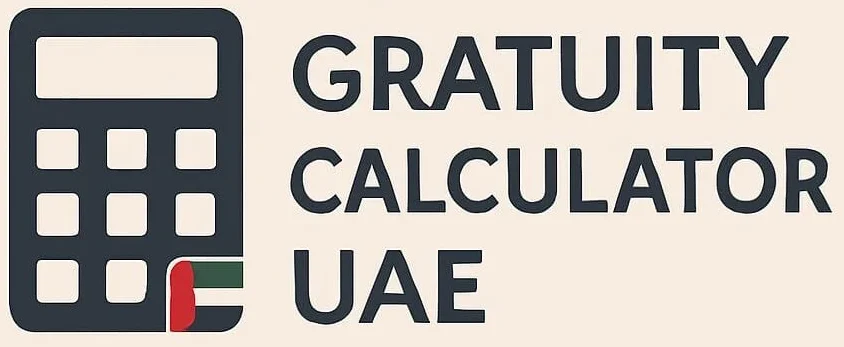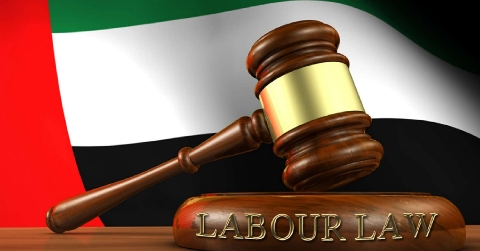Gratuity vs Tip in the UAE 2026 – Key Differences Explained

Not understanding the difference of gratuity and tip? In many countries such as the UAE, USA, Canada, India, Pakistan, and others, employees often fail & confuse to understand the variations of the terms “gratuity” and “tip”, considering them as the same form of reward. However, there is a clear distinction between the two in meaning, law, culture and concept.
This guide will comprehensively explain the concepts of gratuity (end-of-service remuneration), tipping, and service charges — highlighting the distinctions that set them apart.
What is Gratuity?
Gratuity is a sum of money given by an employer to an employee as a reward when their employment ends. This payment depends on several factors such as:
In countries like the UAE, Saudi Arabia, Oman (other Gulf nations), Pakistan, India, Bangladesh (other South Asian countries) gratuity is considered an employee’s right, recognizing the years of service they have dedicated in that country.
What is a Tip?
A tip is a monetary reward given by a customer to a service provider such as a waiter or bartender in a restaurant or café, a hotel worker (like a bellboy, housekeeper, or concierge), a transporter (like a taxi driver or delivery person) or someone in personal services (like a hairdresser, masseur, or tour guide).
Globally, the United States is the only country where a federal tip credit system is implemented. Under this system, tips are considered an essential part of employees’ wages. This means that service workers are paid a lower base wage, but their total income is completed through the tips they receive.
Gratuity vs Tip – Main Differences
There are a few differences between gratuity and tip, which are as follows:
Category | Gratuity | Tip |
|---|---|---|
Introduction | End-of-service benefit, i.e., gratuity | Discretionary amount as a reward |
Who Pays | Employer | Customer |
Mandatory or Non-Mandatory | Legally required | Non-mandatory |
Legal System | According to UAE Labour Law | Culturally embedded practice, at times regulated under wage legislation |
Purpose | Financial resilience | On-the-spot reward for good service |
Amount | Depends on salary and duration | Up to 20% of the total bill |
Tax | Based on how labor tax applies | Based on income tax |
What are the Service Charges?
Service charges are the charges that are a percentage of a customer’s, product’s, or service’s total bill and are added to it. Usually, this percentage is added to bills by hotels, restaurants, banks, travel and tourism companies, and banquet halls.
Are Service Charges the same as Gratuity or Tip?
Absolutely not. In contrast to gratuity, it bears no correlation with the duration of employment, and unlike tips, it is not dispensed voluntarily but rather imposed by policy or establishment norms.
What is the difference between Gratuity/Tip and Service Charges?
The differences between gratuity or tip and service charges are as follows:
Feature | Service Charges | Gratuity/Tip |
|---|---|---|
Nature | A compulsory fee incorporated into the bill | A voluntary amount offered as a token of appreciation |
Purpose | To offset operational costs or supplement employee remuneration | A monetary acknowledgment for exceptional service |
Distribution | Allocated within the business or considered part of employee compensation | Directly handed to the employee or retained separately |
Tax | Liable to standard taxation as a component of business revenue | Employee bears responsibility for declaring it under income tax |
Customer Action | Automatically appended to the bill; no additional tip required | Rendered at the customer’s discretion following payment |
Rules of Tipping in UAE & USA
In the UAE, a few rules of tipping are as follows:
A few rules for tipping in the USA are as follows:
Should you tip if gratuity is included?
No, if gratuity is already included in the bill, you don’t need to give a tip. However, a tip can still be given if the service is exceptionally good, though this rarely happens.
Bottom Line
In this article, we have discussed in detail the difference between gratuity, tip, and service charges — and how these three are given by an employer or customer.
Summary






